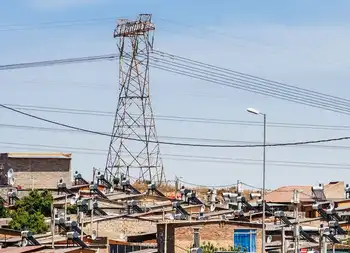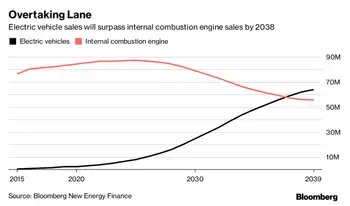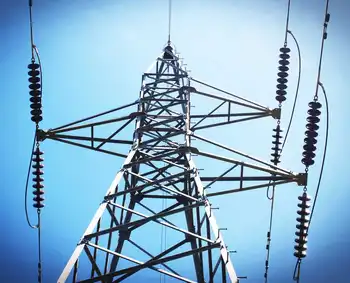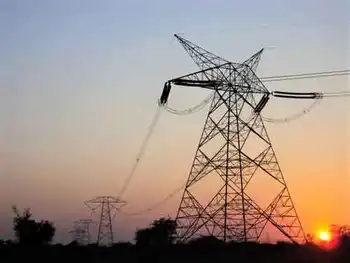Researchers see gigabit data over power lines
WASHINGTON, D.C. - Engineers at Penn State University said they had found a way for power lines to transmit data to homes at rates far faster than high-speed Internet connections from cable and telephone companies.
Broadband service over power lines has been highly touted by equipment makers and federal regulators as a possible competitor to cable and telephone services that handle nearly all of the 30 million U.S. residential broadband connections.
But despite dozens of trials, few electric utilities have attempted to sell the service to customers, citing cost and technical problems. The Penn State researchers said while the technology would improve, lowering the costs of power-line broadband would remain challenging.
Power-line broadband systems available today typically promise data speeds of roughly one megabit to three megabits per second, similar to cable and digital subscriber line, or DSL, service.
The Penn State engineers, Pouyan Amirshahi and Mohsen Kavehrad, estimated in a research paper released recently that their system could deliver data at close to one gigabit per second over medium-voltage electrical lines in ideal conditions, with speeds of hundreds of megabits per second available to home users.
Their system would uses repeaters placed every one kilometer, (0.62 miles) and requires power lines to have been modified to reduce interference with the data signals. The engineers said their estimates were based on computer models, and that the data speeds available in a real-world version would depend on how many repeaters a power company used.
The Penn State study was funded with a grant from AT&T Corp., which has taken part in prior trials of power-line broadband.
Related News

Will Israeli power supply competition bring cheaper electricity?
TEL AVIV - "See the pseudo-reform in the electricity sector: no lower prices, no opening the market to competition, and no choice of electricity suppliers, with a high rate for consumers despite natural gas." This is an advertisement by the Private Power Producers Forum that is appearing everywhere: Facebook, the Internet, billboards, and the press.
Is it possible that the biggest reform in the economy with a cost estimated by Israel Electric Corporation (IEC) (TASE: ELEC.B22) at NIS 7 billion is really a pseudo-reform? In contrast to the assertions by the private electricity producers, who are supposedly worried about our wallets…




